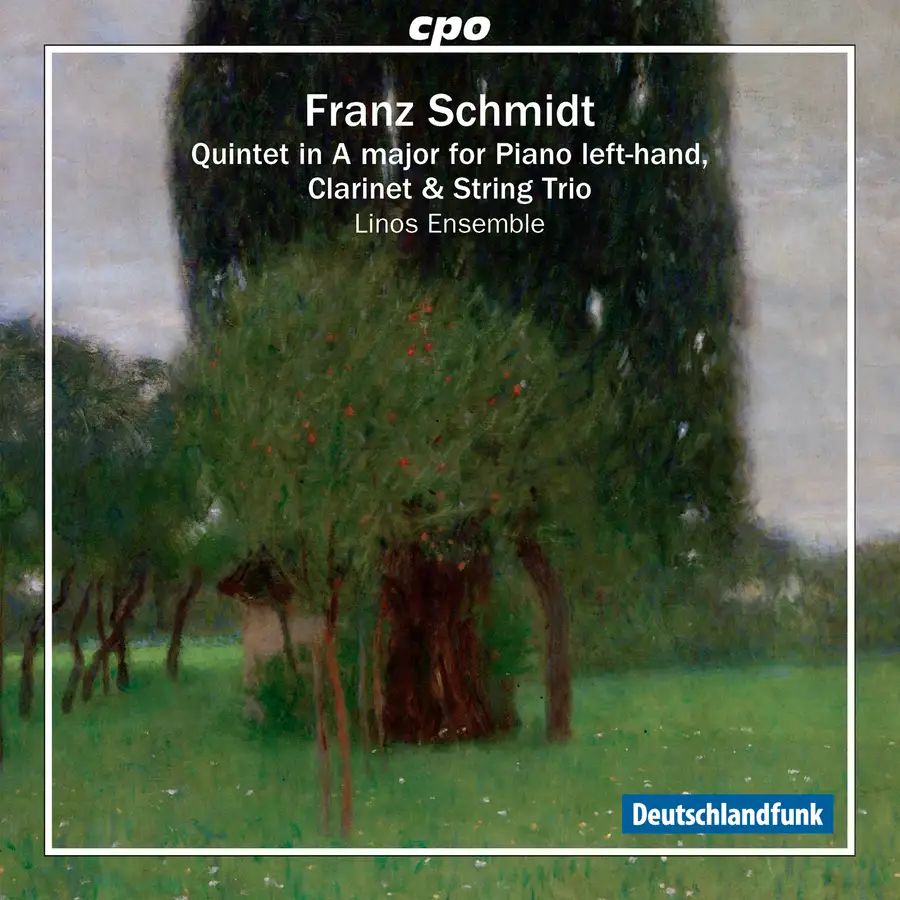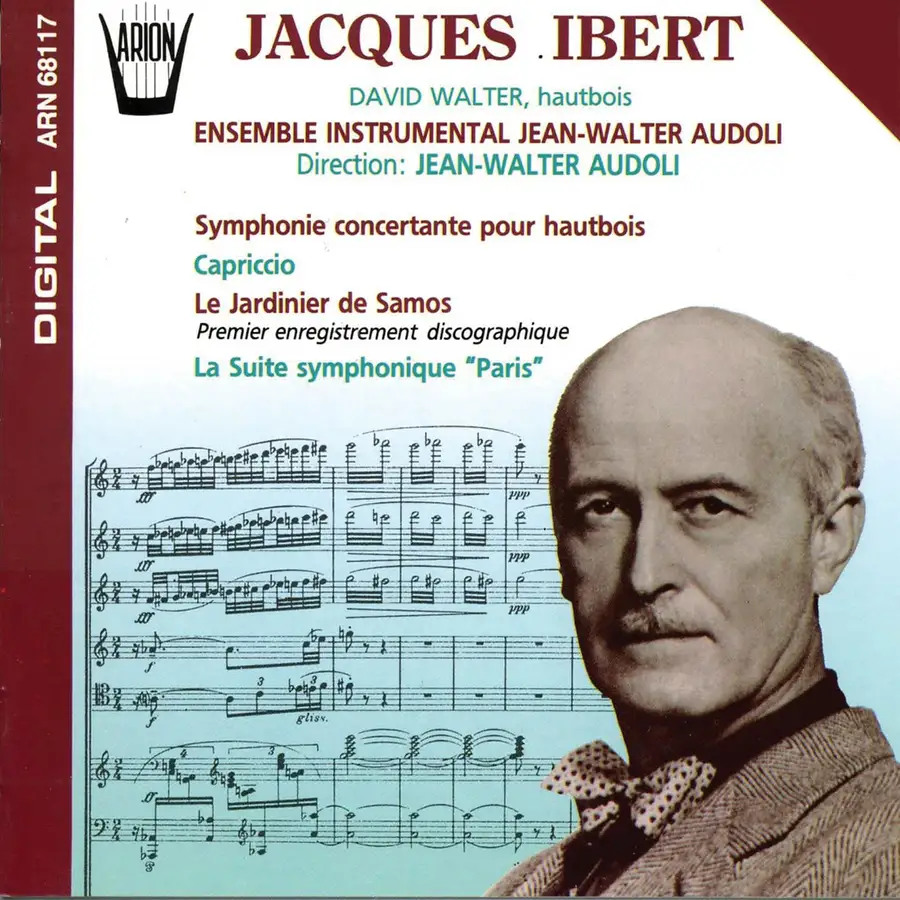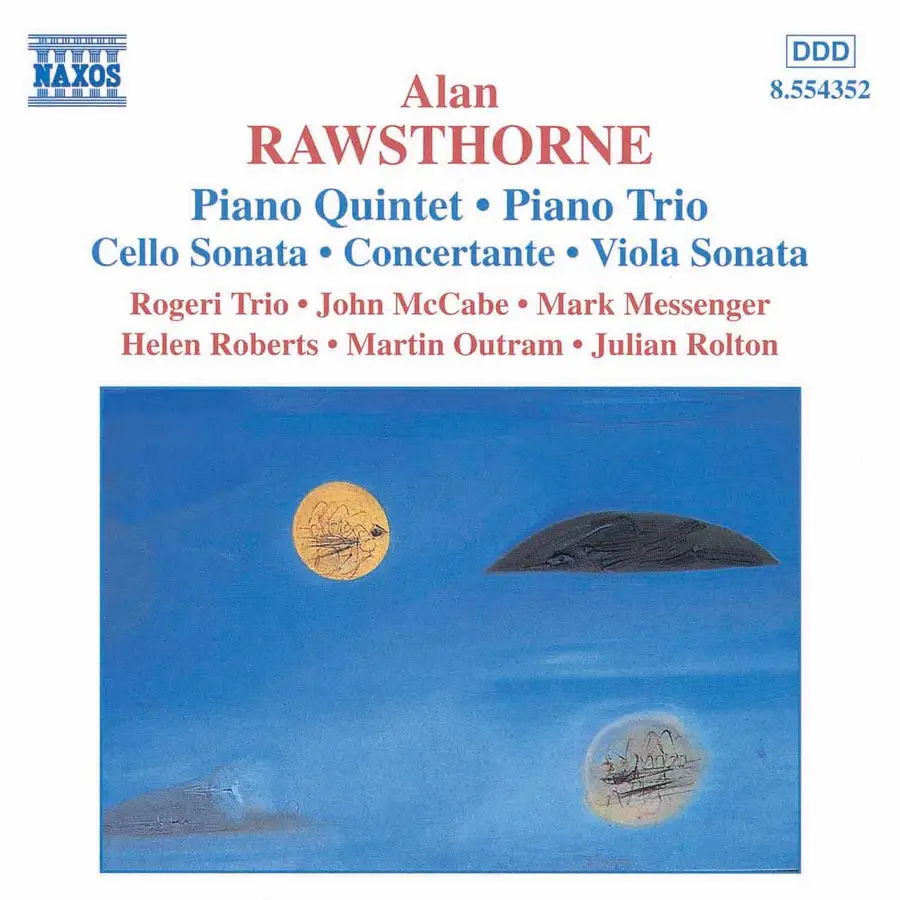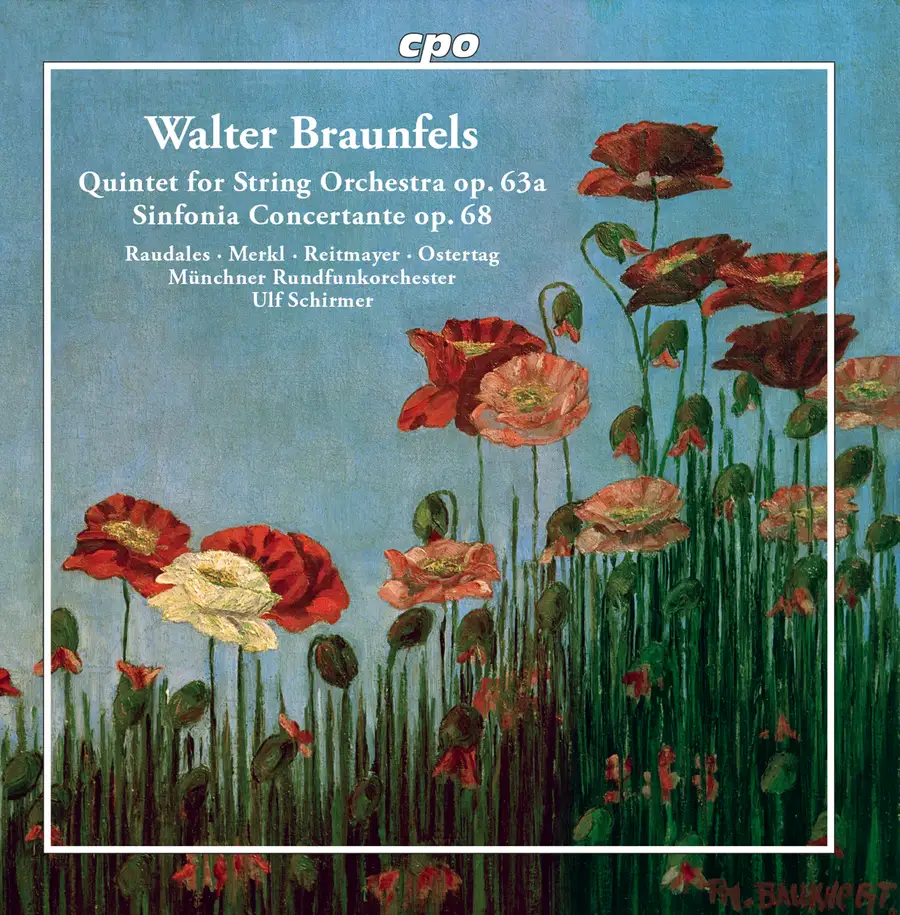- Welcome to GMG Classical Music Forum.
Recent posts
#1
General Classical Music Discussion / Re: What are you listening 2 n...
Last post by Symphonic Addict - Today at 08:06:55 PMSchmidt's last chamber work (1938), and a most deep-felt masterpiece it is. Some of the most truly profound, sincere, intimate music he ever wrote. To me, it is like a summary of his entire career as a composer.


#2
Great Recordings and Reviews / Re: Beethoven piano sonata sho...
Last post by San Antone - Today at 06:29:03 PMQuote from: Florestan on Today at 11:36:31 AMIt's just a vanity project.
Todd has been posting his lists for a long time, with his tongue firmly in his cheek regarding the objectivity of his rankings. That said, I find his reviews insightful, enjoyable to read, and his threads have brought to my attention a number of cycles that are well worth hearing.
This is also true for his thread on Liszt's Années de pèlerinage.
#3
General Classical Music Discussion / Re: What are you listening 2 n...
Last post by Symphonic Addict - Today at 06:05:01 PMIbert: Symphonie concertante for oboe and string orchestra
I was expecting something pastoral in mood, but it is anything but that. Very substantial and meaty.

This disc is a solid roundup of Rawsthorne's chamber music. The Piano Trio, Piano Quintet and Viola Sonata stood out.

I was expecting something pastoral in mood, but it is anything but that. Very substantial and meaty.

This disc is a solid roundup of Rawsthorne's chamber music. The Piano Trio, Piano Quintet and Viola Sonata stood out.

#4
The Diner / Re: Pictures I like
Last post by JBS - Today at 05:59:23 PMQuote from: Pohjolas Daughter on Today at 06:31:34 AMI found out a little bit of information about the work (see link below). Apparently, the composer had initially called it "Uncle Tom". No idea as to why he had renamed it to "Uncle Teddy" when it was published. https://www.rundel.de/en/article/uncle_teddy/MVSR2323
PD
Slightly odd to see Terezin mentioned as just another place, even though it was just another ordinary small city in Fucik's day.
#5
General Classical Music Discussion / Re: What are you listening 2 n...
Last post by JBS - Today at 05:47:51 PMFrom the Haebler set, a double CD of Haydn sonatas.
Recorded in 1958
Sonata 52 in E Flat
Recorded in 1960
Andante with variations in f minor
Concerto 11 in D for keyboard and orchestra
[Szymon Goldberg/Nederlands Kamerorkest]
Recorded in 1968
Sonata 35 in C
Sonata 36 in c sharp minor
Sonata 37 in D
Sonata 38 in E flat
Sonata 39 in G
Sonata 20 c minor
Sonata 33 in D
Fortepiano is the same 1956 instrument used in her J C Bach and Mozart fortepiano recordings.
Would this count as 1st generation HIP?


Recorded in 1958
Sonata 52 in E Flat
Recorded in 1960
Andante with variations in f minor
Concerto 11 in D for keyboard and orchestra
[Szymon Goldberg/Nederlands Kamerorkest]
Recorded in 1968
Sonata 35 in C
Sonata 36 in c sharp minor
Sonata 37 in D
Sonata 38 in E flat
Sonata 39 in G
Sonata 20 c minor
Sonata 33 in D
Fortepiano is the same 1956 instrument used in her J C Bach and Mozart fortepiano recordings.
Would this count as 1st generation HIP?


#6
Great Recordings and Reviews / Re: Beethoven piano sonata sho...
Last post by George - Today at 05:35:53 PMQuote from: prémont on Today at 10:58:04 AMFor some unknown reason Todd used Backhaus' stereo recording for comparison. The earlier mono recording is generally more successful.
Hi premont,
I compared the the performances in the mono and stereo sets a couple of years ago. I found the mono to be better in 9 of the 32 sonatas (Op. 2/2 and 2/3 are much better, Op. 7, 10, 14, 22 are each a bit better.) Since Op. 106 was only recorded once, in mono, that means for performance, I prefer the stereo set for 22/32 and 10/32 for mono. Since I find the sound quality to be much, much better, I reach for the stereo set when I want to hear Backhaus's Beethoven.
#7
General Classical Music Discussion / Re: What are you listening 2 n...
Last post by Karl Henning - Today at 03:33:19 PMHaven't listened to this in a while. The performance was six years ago.
#8
Composer Discussion / Re: Mahler Mania, Rebooted
Last post by LKB - Today at 03:32:50 PMQuote from: Atriod on Today at 12:54:56 PMCompletely ignore what Bernstein said if you have some bone to pick with him and just listen to the music attentively/uninterrupted/not doing anything else, like all great art demands. It's pretty obvious what the general feel of the piece is, the fourth movement is about as literal as Mahler gets. The only real ambiguity I hear is whether he has come to peace with things with the quiet ending or if nothing has been resolved (even the harrowing sixth symphony has a concrete resolution). Either interpretation doesn't detract from my interpretation of the symphony as a whole as taking us to the abyss.
After a little thought, I'd opine that quoting the phrase from Kindertotenlieder was his way of evoking Maria, and telling her that he'll be with her soon.
From that perspective there is no abyss, only peaceful reunification.
#9
General Classical Music Discussion / Re: What are you listening 2 n...
Last post by foxandpeng - Today at 03:14:03 PMQuote from: Irons on Today at 01:12:21 PMThat cover rung a bell - sure enough a LP version resides on my shelves. Thanks are in order as I enjoyed the recording very much. The use of orchestra is particularly striking, a sort of symphonic concerto for orchestra if that makes sense. I don't know if you had access to programme notes but of interest that Jirasek conceived the symphony to include baritone solo to the text of a poem by Vitezslav Nezval, indeed the premiere included the vocal part. Afterwards Jirasek decided to drop the baritone solo, although the symphony is built around Nezval's poem.
I did see that in one of the few information snippets about Jirásek. I think I prefer the non-baritone version even without hearing the original. Vocal parts don't often ring the right bells with me!
Glad you also like this 😁
#10
General Classical Music Discussion / Re: What are you listening 2 n...
Last post by Symphonic Addict - Today at 03:09:49 PMThe arrangement for string orchestra of the String Quintet didn't convince much, above all the first two movements. It's the Sinfonia Concertante for violin, viola, two horns and string orchestra the main dish here. A work that is by turns heartfelt and restrained proper of his late period. A great piece.


